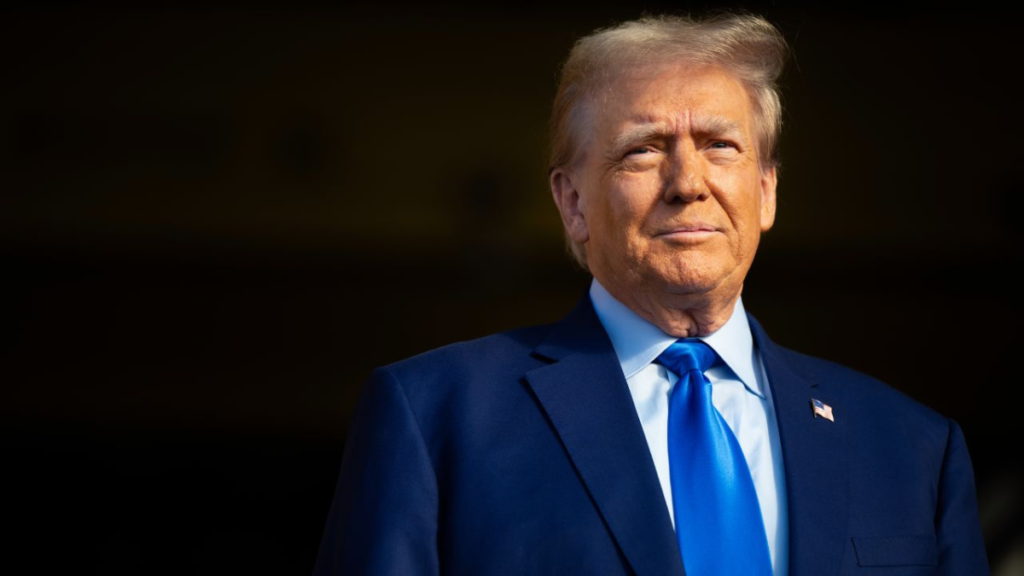A federal judge in Washington, DC, US District Judge Tanya Chutkan, has ruled against dismissing charges in the election subversion case against former President Donald Trump. The ruling challenges the notion of absolute immunity for a former president, setting a potentially groundbreaking legal precedent. Chutkan’s decision contradicts Trump’s assertion that actions within the scope of the presidential office grant him immunity from prosecution. The ruling also rejects Trump’s First Amendment defense, stating that the First Amendment does not protect speech used as an instrument of a crime. Chutkan’s decision highlights the importance of potential criminal liability for former presidents and distinguishes between indictment and impeachment. Trump’s criminal trial is scheduled for March, marking a significant chapter in the ongoing legal saga surrounding his post-election activities.
Background
The case revolves around Trump’s actions and statements following the 2020 election. Trump’s legal team argued for his absolute immunity, contending that his efforts to “ensure election integrity” were protected under presidential immunity. However, Judge Chutkan firmly rejected this argument, asserting that the Constitution does not grant former presidents a “get-out-of-jail-free” pass.
Presidential Immunity
Chutkan’s ruling delves into the core question of whether a former president enjoys absolute immunity for federal crimes committed during their time in office. The judge’s opinion contradicts Trump’s assertion that actions within the scope of the presidential office grant him immunity from prosecution. According to Chutkan, the founding fathers envisioned a chief executive different from the unaccountable rulers of other nations, and former presidents should be held accountable for their actions.
Legal Blow to Trump
The judge’s decision represents a significant setback for Trump, who hoped to use the shield of absolute immunity to fend off criminal charges. Chutkan’s rejection of the argument reinforces that former presidents are not exempt from federal criminal liability, emphasizing that Trump’s four-year tenure as Commander in Chief does not grant him divine immunity.
Rejection of First Amendment Defense
Trump’s legal team also contended that the charges violated his First Amendment rights. However, Chutkan dismissed this argument, stating that the First Amendment does not protect speech used as an instrument of a crime. This further strengthens the case against Trump, signaling that his legal troubles are not shielded by claims of protected speech.
Implications for Future Prosecutions
Judge Chutkan highlighted the importance of potential criminal liability for former presidents, arguing that it encourages a sober reflection that reinforces constitutional values. The ruling implies that criminal intent by a sitting or former president should be subject to prosecution, ensuring that no individual, regardless of their presidential past, is above the law.
Distinguishing Indictment and Impeachment
Another critical aspect of Chutkan’s decision was rejecting the argument that a president can only be indicted if convicted by the Senate during impeachment proceedings. The judge clarified that such an argument applies only to sitting presidents, which Trump is not. This clarification is crucial in establishing the legal framework for prosecuting a former president.
Looking Ahead
The decision paves the way for Trump’s criminal trial scheduled for March, unless an appeals court intervenes. The former president now faces the prospect of being tried in the coming year, marking a significant chapter in the ongoing legal saga surrounding his post-election activities.
In the broader context, this ruling has broader implications for the accountability of former presidents and the limitations of presidential immunity. The legal landscape is evolving, and as the case progresses, it will likely shape future interpretations of the relationship between presidential actions, accountability, and the rule of law.







